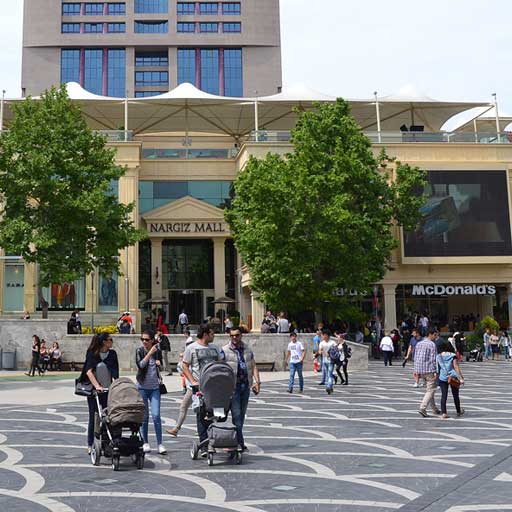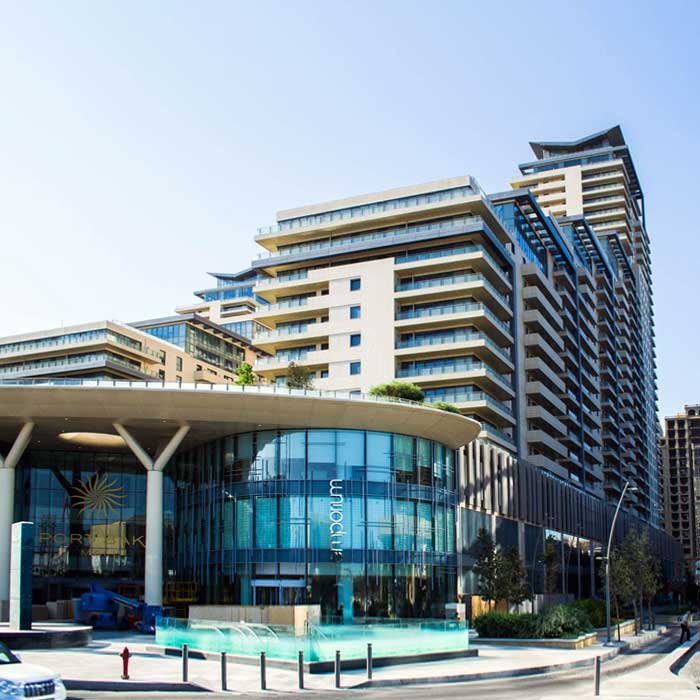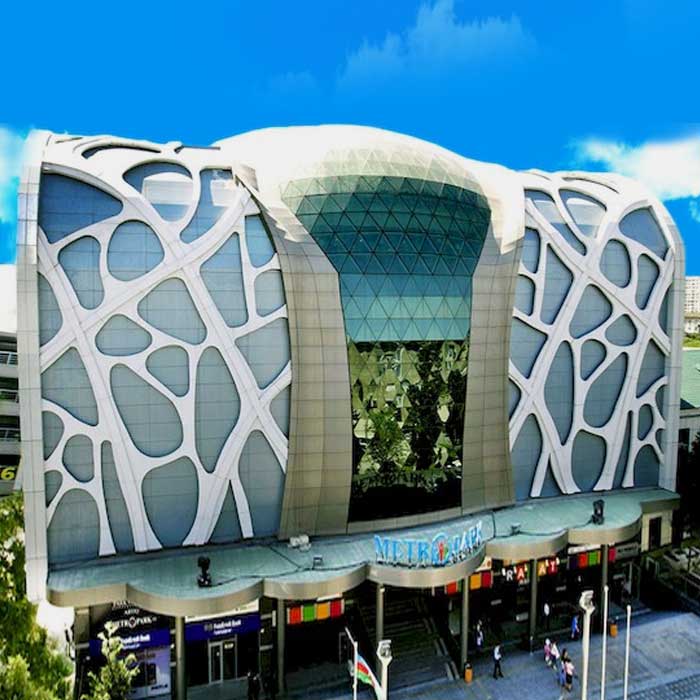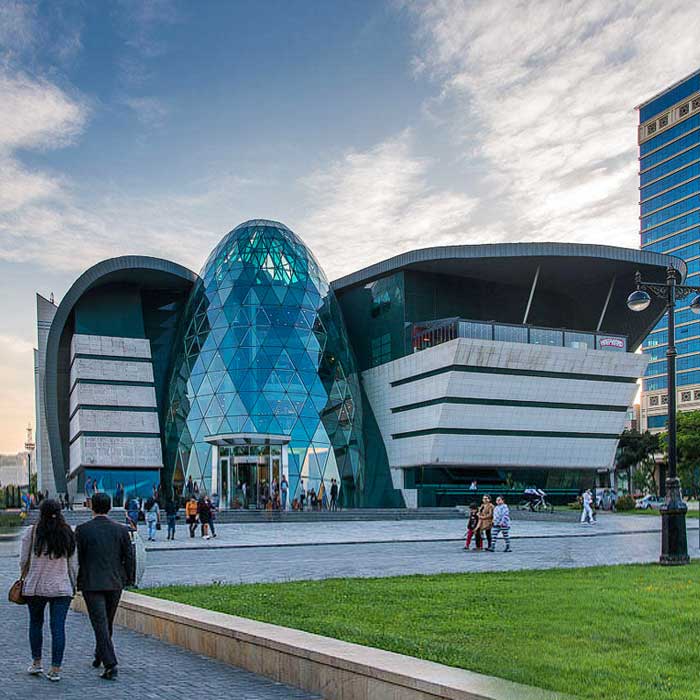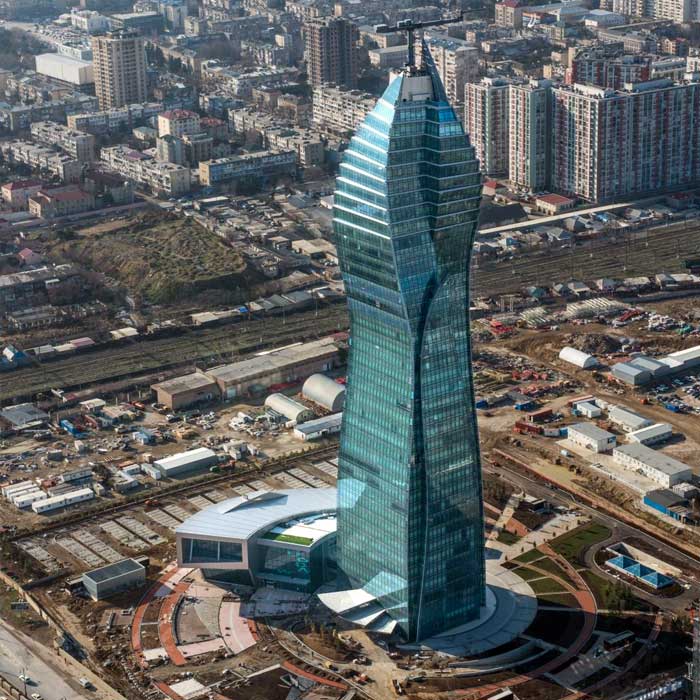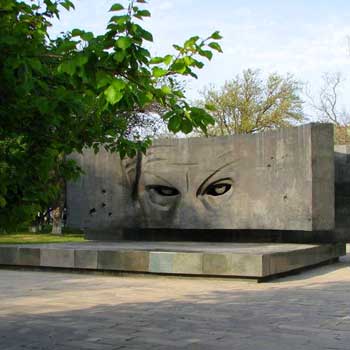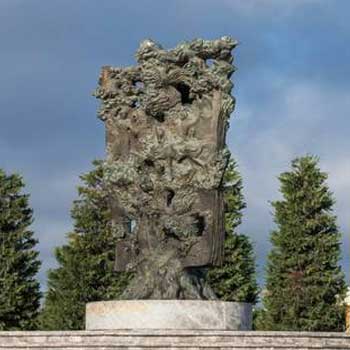
The first monument to a literary figure in Baku was built in 1922 to commemorate Sabir (1862-1911). Monument to Mirza Alakbar Sabir, to the remarkable poet, satirist, thinker, politician there is in the park on Istiglaliyat street near the building of Ismailiya, the walls of Icheri Sheher, the buildings of the Constitutional Court and the Monolith house.
Monument to Mirza Alakbar Sabir was the first monument in the Muslim East, depicting a man (to draw or sculpt people and animals in the Muslim tradition is forbidden, so in the East there were no monuments as such).
The project of the monument was developed in 1921 in connection with the 10th anniversary of the death of the poet. The opening took place in the days of the celebration of the second anniversary of the establishment of Soviet power in Azerbaijan.
The author of the project was a remarkable sculptor Yakov I. Keilikhis (1872-1950), the founder of monumental sculpture in Azerbaijan.
The monument and pedestal were made very quickly, from cheap materials. Therefore, it is not surprising that over time the reinforced concrete monument decayed. In addition, he, being gray, against the background of the darkened fortifications did not look at all.
Another talented sculptor – Jalal Karyagdy (1914-2001) – commissioned the creation of a new monument to Sabir. Which was supposed to be cast from bronze. He was inspired by Sabir’s poem, where he compares himself with the rock to the sea into which the waves are beating, but she is unshakably opposed to all the blows. It is this image that gives birth to a monumental compact sitting figure, and a powerful stone on which the poet sits.
Sabir was a sharp-tongued, witty poet with immense courage.
He openly criticized the backwardness of the clergy at a time when their influence upon the Azerbaijani society was overwhelmingly oppressive – not like nowadays. In his allegorical works, Sabir alluded to the fact that he was less afraid to be in a place where there might be devils and ghosts, than in one where there were fanatics. Such remarks brought threats to his life. “You may be able to kill my weak body,” Sabir would reply, conscious of how chronically ill he was with tuberculosis, “but you’ll never be able to destroy my poems.”








